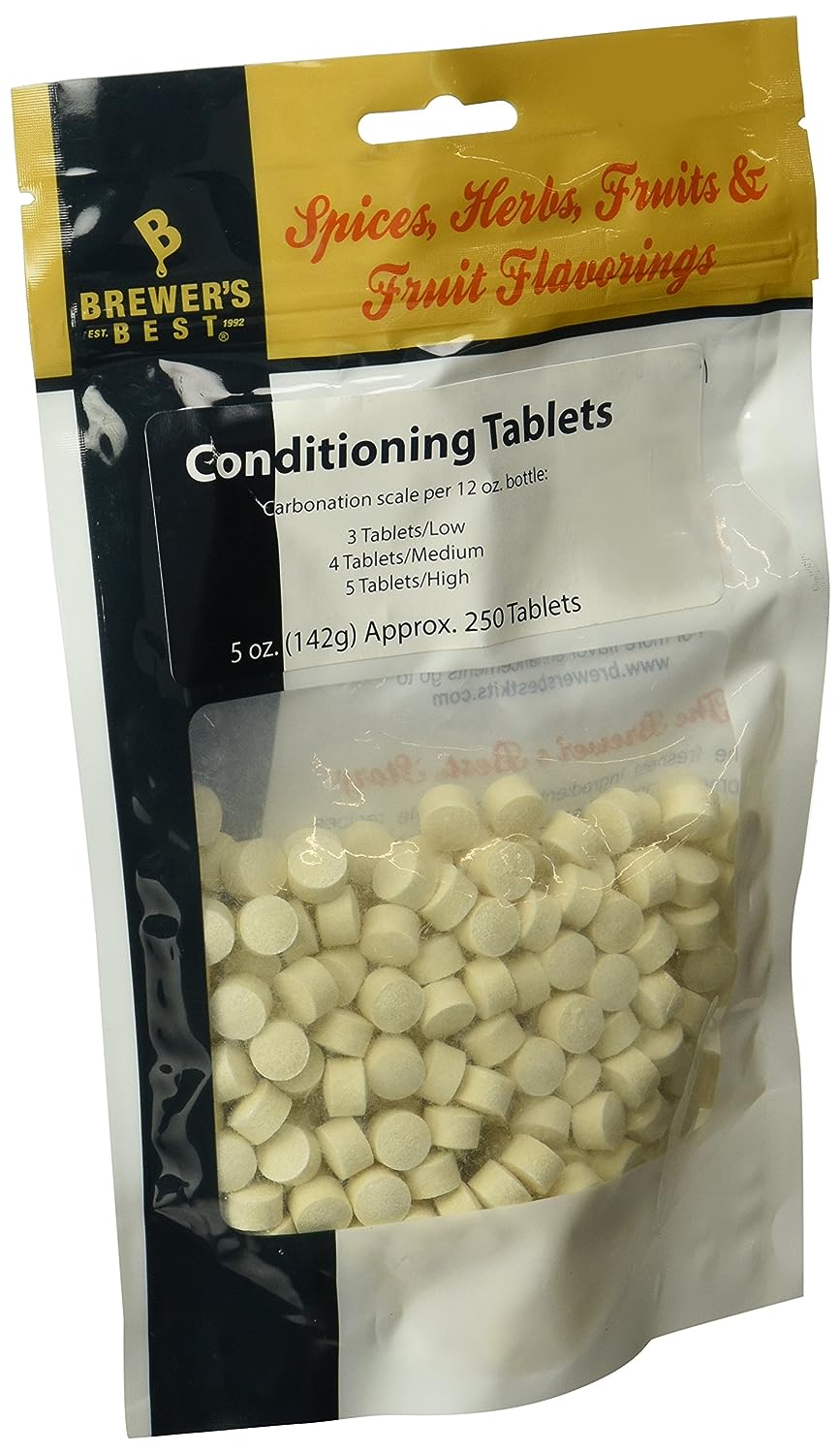dyetube
Well-Known Member
My question is, I don't know how much beer I have in my primary fermentor. I lost some do to a flub in racking the beer to the fermentor and have extracted quit a bit for some testing purposes. I think I have around 3 gallons but no way to tell. I have a whole bag of priming sugar designed for a full 5 gallon batch but don't want to over carb the beer (It's a Pliny the Elder clone). I'd rather not have to put an exact amount of sugar in each bottle, I'd rather boil some water, add the sugar and mix with beer and rack to bottles.
If I use the whole bag, will I be over carbonating the beer? If so, do I just use a portion of the bag and how much?
If I use the whole bag, will I be over carbonating the beer? If so, do I just use a portion of the bag and how much?





















































![Craft A Brew - Safale S-04 Dry Yeast - Fermentis - English Ale Dry Yeast - For English and American Ales and Hard Apple Ciders - Ingredients for Home Brewing - Beer Making Supplies - [1 Pack]](https://m.media-amazon.com/images/I/41fVGNh6JfL._SL500_.jpg)









